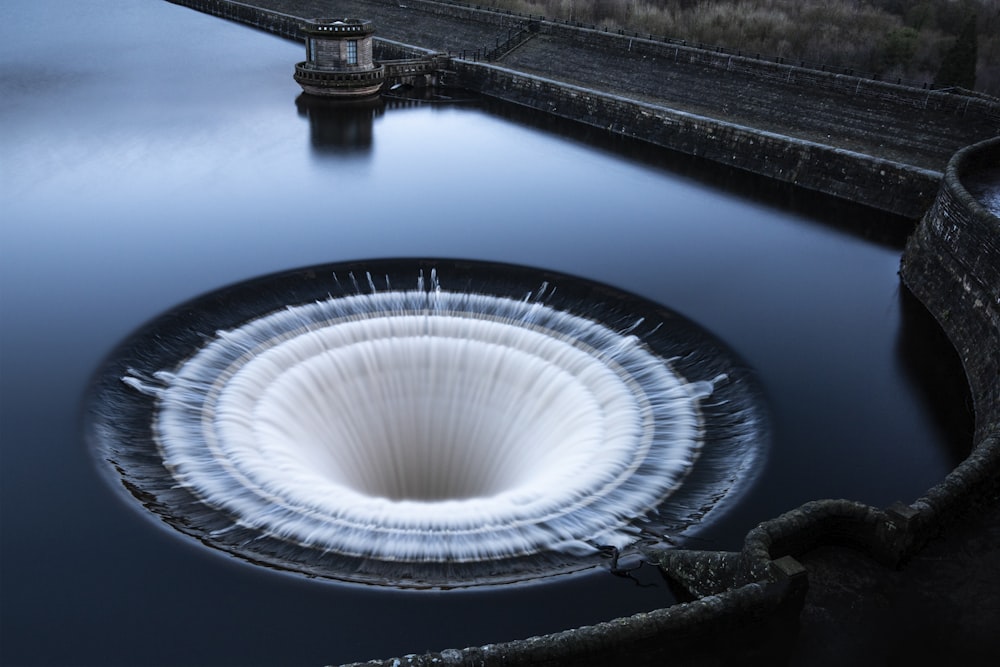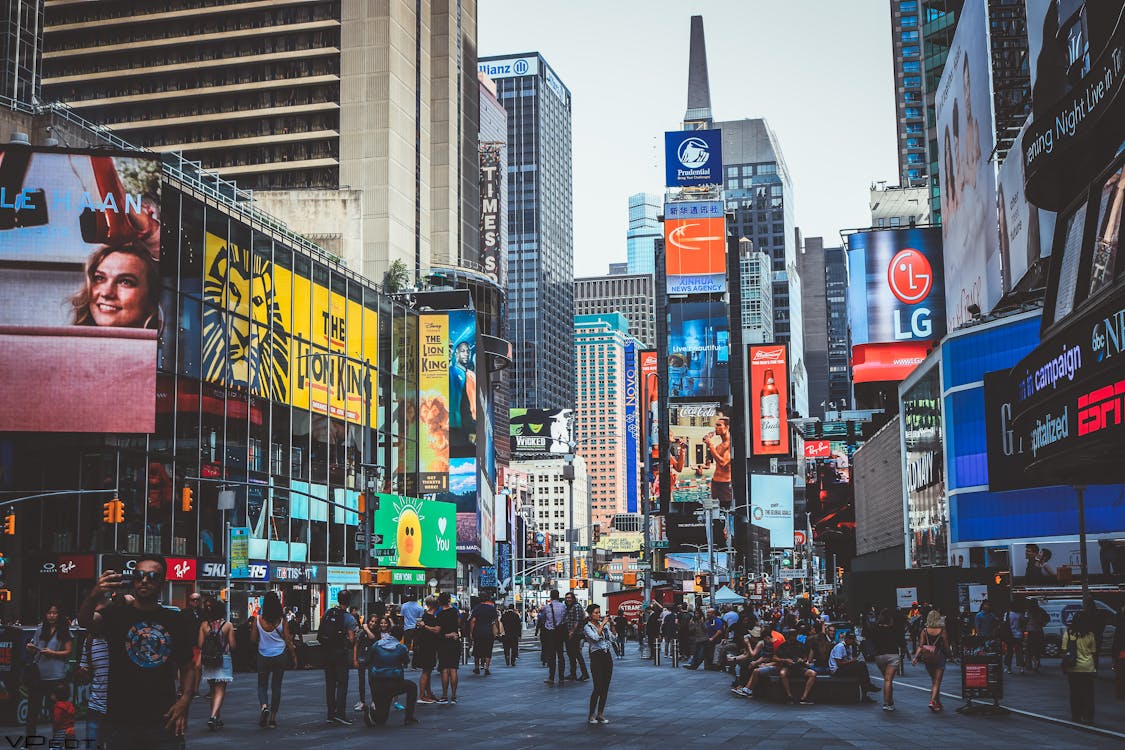 New York City's drinking water is often called the "Champagne of Drinking Water" throughout the United States.
New York City's drinking water is often called the "Champagne of Drinking Water" throughout the United States.
This earns New Yorkers the bragging rights of proclaiming that tap water is clean and safe for drinking without a filtration system.
Conclusively, New York City's water supply is unfiltered, making it the largest unfiltered water system in the country.
You can only count the number of cities that can proudly categorize their tap water as clean, safe, and drinkable water with your fingers— and New York is one of them.
New York is world-renowned for the quality of its water. People often say that NYC water is the best tap water. Aqueducts, reservoirs, and tunnels supply fresh water to all city residents.
Now, you might ask, how is it possible? This is part of the billion-dollar investment made by the NYC government to provide the countrymen with clean drinking water at the turn of a tap.
People can drink tap water directly without relying on an expensive filtration plant.
Moreover, this project aims to protect the country's largest municipal water system by freeing it from construction activities that can damage the water in the long run.
NEW YORK'S WATER HISTORY
In the early 1960s, New Yorkers depended on ponds, streams, and wells for water during the Dutch settlement.
However, as the NYC population grew, the water demand increased simultaneously. This pushed the residents to look for a bigger water supply system to accommodate their growing needs.
They began getting water supply on the Croton system, improvising on huge dams and aqueducts to extract water.
Later, they went as far as the northern Catskill system for an even bigger water supply.
Today, New York City water comes mainly from the Croton system, Catskill system, and Delaware aqueduct. This water supply is transferred to the Kensico Reservoir, one of New York's largest water treatment facilities.
The Kensico Reservoir alone provides the drinking water needs of over eight million NYC residents.
THE BILLION-DOLLAR INVESTMENT
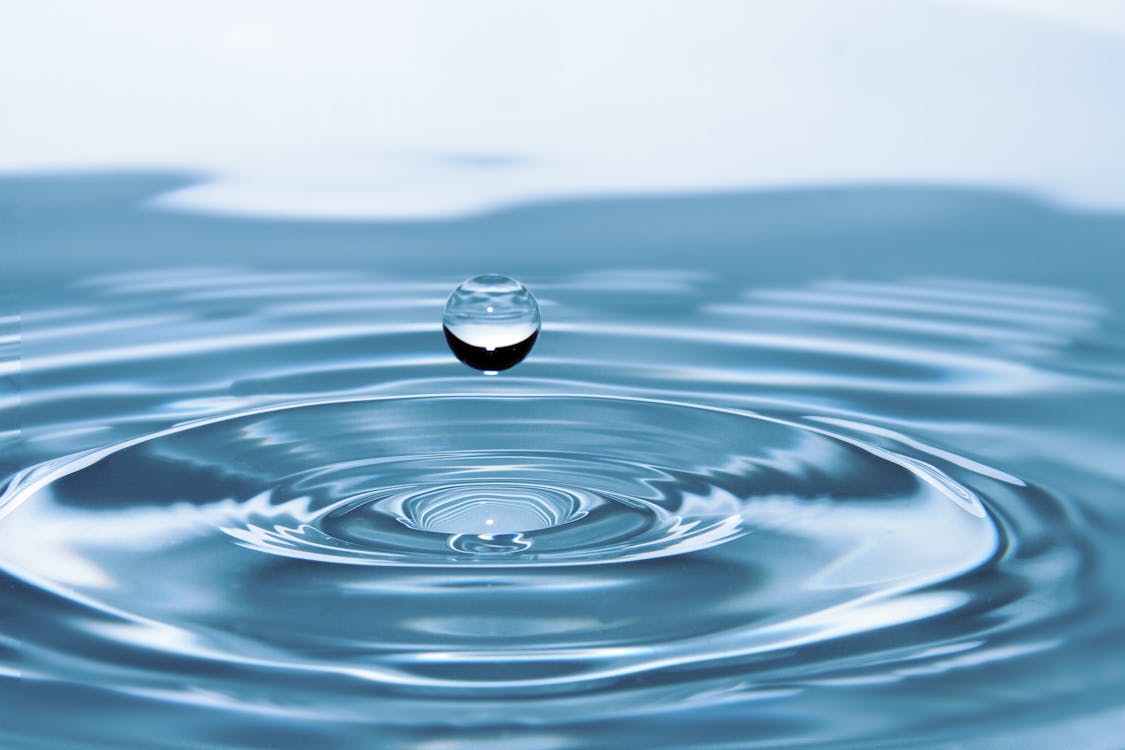
As previously mentioned, New York's water has a budget of over one billion dollars to create, protect, and maintain the water system.
The NYC government has secured federal and state waivers to be excluded from national filtration requirements (which costs more than one billion).
If the NYC government failed to secure these permits, they would have to spend 10 billion dollars on constructing a big filtration plant.
It would've been New York City's largest capital construction project if this had happened.
As a result, water bills will have to increase in price to compensate for the cost. Not only will it hinder New Yorkers from easy access to clean drinking water, but it will also affect their monthly budget and overall life quality.
Now, let us break down that billion-dollar figure and monitor where all the funds went. This enormous budget is meant to support and broaden the reach of programs that focus on watershed protection.
This encompasses the one million acres of watershed land that create the reservoirs supplying the water supply.
The first $200 million is allocated to maintaining and strengthening wastewater treatment plants, the biggest budget cut for this project.
The NYC government prioritizes collecting and treating water to safely reach the reservoirs, keeping them clean and ready to drink.
Next is the $180 million allocation for this project. This budget is designated to reduce (if possible, eliminate) pollution from farms and forests. It also specializes in removing dead trees to make way for the growth of new, young, and healthy trees.
As we all know, trees absorb nutrients from the rain through their roots, which eventually fall into the reservoir.
The next $150 million budget is for improving water quality and promoting mitigation projects during floods. This budget is also used to fix eroded streams and other obstructions along the water flow to ensure the best quality.
And then, we have the $96 million allocation used to preserve lands in developing areas. Specifically, they focus on securing streamside areas.
The final budget of $85 million goes directly into expanding programs that support the community's repairs and replacements of septic systems. These can be for residential properties, small shops, municipal institutions, churches, etc.
Well, that makes it a total of one billion dollars. Pretty productive, right?
THE NEW YORK CITY TAP WATER SOURCE
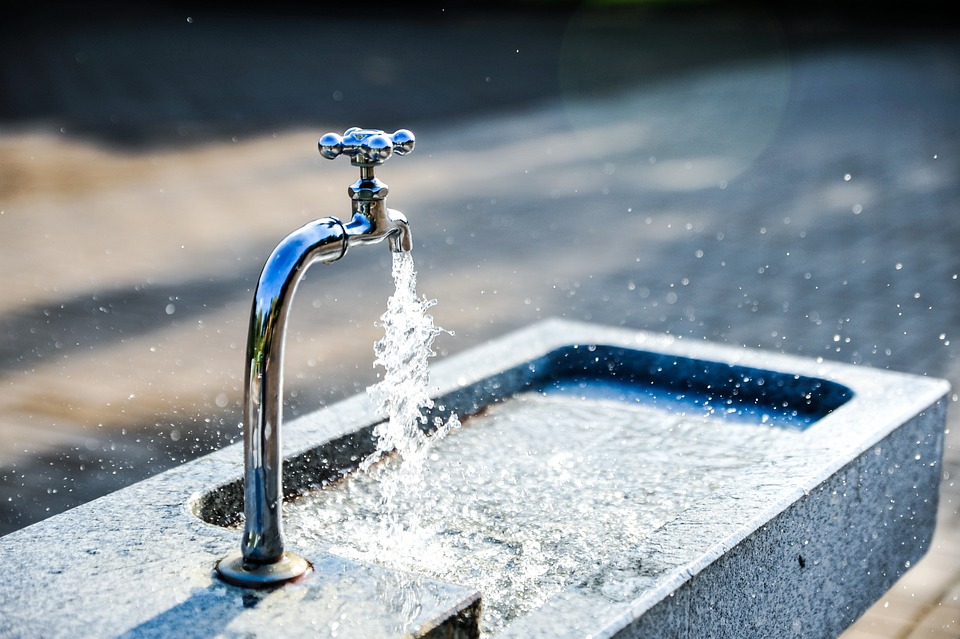
As mentioned, New York's primary water sources are the Catskill and Delaware systems. These systems provide 90% of NYC's water supply, while the remaining 10% comes from the Croton system.
With legal permission, New York City's water supply is unfiltered yet remains one of the most sought-after water quality.
To say the least, it is one of the cleanest tap waters in America. Only five municipalities in America have maintained clean, unfiltered tap water: Boston, San Francisco, Seattle, and Portland.
To compensate for the lack of filtration systems, New York's water is thoroughly disinfected through Ultraviolet (UV) exposure.
It also undergoes a series of treatments, including chemicals such as chlorine, fluoride, orthophosphate, and sodium hydroxide.
However, some people complain about unwanted flavors in the water caused by disinfection byproducts.
The NYC Tap Water Components & The Regulating Agencies
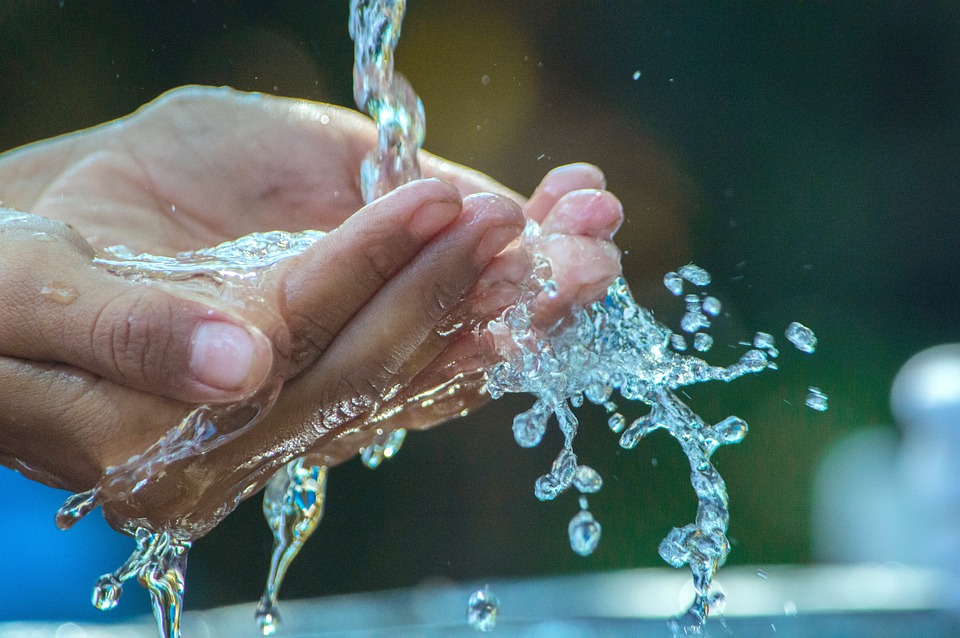
In the United States, two major agencies regulate and test water quality.
One is the Environmental Protection Agency (EPA), which specifically regulates tap water quality.
Second is the Food and Drug Administration (FDA), another agency responsible for testing water quality.
Ultimately, these two agencies regularly conduct test results to ensure the water supply meets certain quality standards.
Another agency is the Environmental Working Group (EWG), a nonprofit organization that has stricter health guidelines for water quality.
The EWG has reported six (6) cancerogenic contaminants found in New York City water during the testing procedure. The "bad" chemicals included Bromodichloromethane, Chloroform, Chromium 6, Dichloroacetic acid, Total trihalomethanes (TTHMs), and Trichloroacetic acid.
In conclusion, this exceeds the limit set by EWG itself. However, by the EPA's standard, the presence of these six contaminants is fine because it is below the legal limit set by the EPA itself.
Now, you're probably wondering if NYC's drinking water is safe to consume. The short answer is yes, and it is legally safe to drink. However, the safest choice is to employ a dependable filtration system to mitigate the health risks of the six contaminants mentioned above. These contaminants can also make the water taste and smell bad.
NYC's Drinking Water in Public Places

In New York City, almost all restaurants serve tap water for free. Bars also offer tap water for free, although they mostly sell sparkling and bottled water.
In NYC's public places, tap water is generally free. Pretty amazing, right? However, since no legitimate ordinance requires all public businesses to offer tap water for free, you may find some that don't.
The widespread and scattered provision of water fountains and bottle-refilling stations throughout New York City is even more amazing.
The New York City Government provides this by its commitment to providing its residents with clean, safe, and free drinking water.
Hence, you should bring a water bottle or tumbler along with you. This will be useful if you get thirsty and don't want to pay a penny to buy bottled water.
IS THERE A NEED FOR A WATER FILTER IN NEW YORK CITY?
The biggest question is whether you should buy a water filter for your home in New York City. Generally, New York's water supply, which comes through the water pipe systems, is clean and, therefore, safe to drink.
However, old and rusty pipes may easily contaminate the water flow with insects, heavy metals, and other toxins that can threaten human health. Moreover, chlorine by-products may also mix in with the water.
To be safe, it is advisable to use a water filter in New York City to ensure tap water quality. This eliminates the risks of diseases caused by unfiltered drinking water. It is a good investment in keeping you and your family safe and healthy.
Good news! The Berkey water filter is one of the best for cleaning NYC tap water. Black Berkey® Elements dramatically reduce trihalomethanes, inorganic minerals, heavy metals, pharmaceuticals, pesticides, VOCs, petroleum products, perfluorinated chemicals, rust, silt, sediment, radioactivity, and more.
MORE INTERESTING FACTS ABOUT THE NEW YORK CITY WATER
Are you interested in learning more about the immaculate water of New York City? Then, check out these fun and interesting facts that we've listed down below:
-
If New York City were refused a waiver, it would have to spend another $10 billion or more on filtration plants. Moreover, it would cost this massive city a whopping $1 million daily to ensure these filtration plants operate at their maximum operational capacity. After all, New York City is one of the most populated cities in the world, with over 18 million residents as of 2022.
-
New York City is divided into five boroughs between the Hudson River and the Atlantic Ocean: the Bronx, Brooklyn, Manhattan, Queens, and Staten Island. However, the city's watershed, which includes Westchester County, Orange County, Ulster County, and Putnam County, supplies water to these boroughs.
-
Naturally, a call for climate change creates water problems and affects water quality. This is more so in New York City, where water is generally unfiltered. As the level of turbidity increases, water quality may deteriorate, resulting in negative health effects when consumed.
-
The Department of Environmental Protection conducts health and quality tests on New York water annually, ranging from 500,000 to 600,000. This is quite understandable, considering the number of people and cities relying on New York City's watershed for daily water consumption.
-
Several microscopic crustaceans, specifically shrimp-like copepods, are inside the New York City water. Fret not; these insects are simply there to clean out mosquito larvae. So, they are not harmful at all.
-
Despite the many controversies surrounding New York City's water quality, many people still believe it is drinkable. This is perhaps because of the various treatments applied to NYC water, which include chlorine, fluoride, orthophosphate, sodium hydroxide, and ultraviolet light to "cleanse" the water.
-
New York City's water supply requires critical observation and scientific mitigation to remain stable. Otherwise, the water flow will become unsteady. NYC's water system relies heavily on precipitation, which makes the water supply unpredictable.
-
The Catskill and Delaware systems are 60% private. Still, development is strictly regulated. Industrial development may pollute water, which is especially dangerous to NYC’s unfiltered water system. Industrial pollution entering the system may pose serious health risks when consumed. Private owners must strictly comply with the regulations; otherwise, sanctions may apply.
-
There are cases of lead content present in New York City’s tap water. Lead does not necessarily originate from the City’s upstate reservoir system but may come from old and damaged household plumbing. Water may absorb lead from old tubes, pipes, and fixtures. This is why it is important to do regular checking and maintenance on your household plumbing systems. Especially if you and your family rely on NYC tap water for drinking, take this precaution seriously because lead contaminants can put your health at serious risk when consumed excessively and continuously.
-
New York City water is often acclaimed as the holy grail of tap water. However, in 2009, NYC Water was outranked by fourteen cities (including Boston, St. Louis, and Austin). Today, several studies and test results show that New York's tap water is still safe to drink. While this remains true, it is still undisputable that people overplayed NYC water as the best tap water in the world. Don't you think so?
CONCLUSION
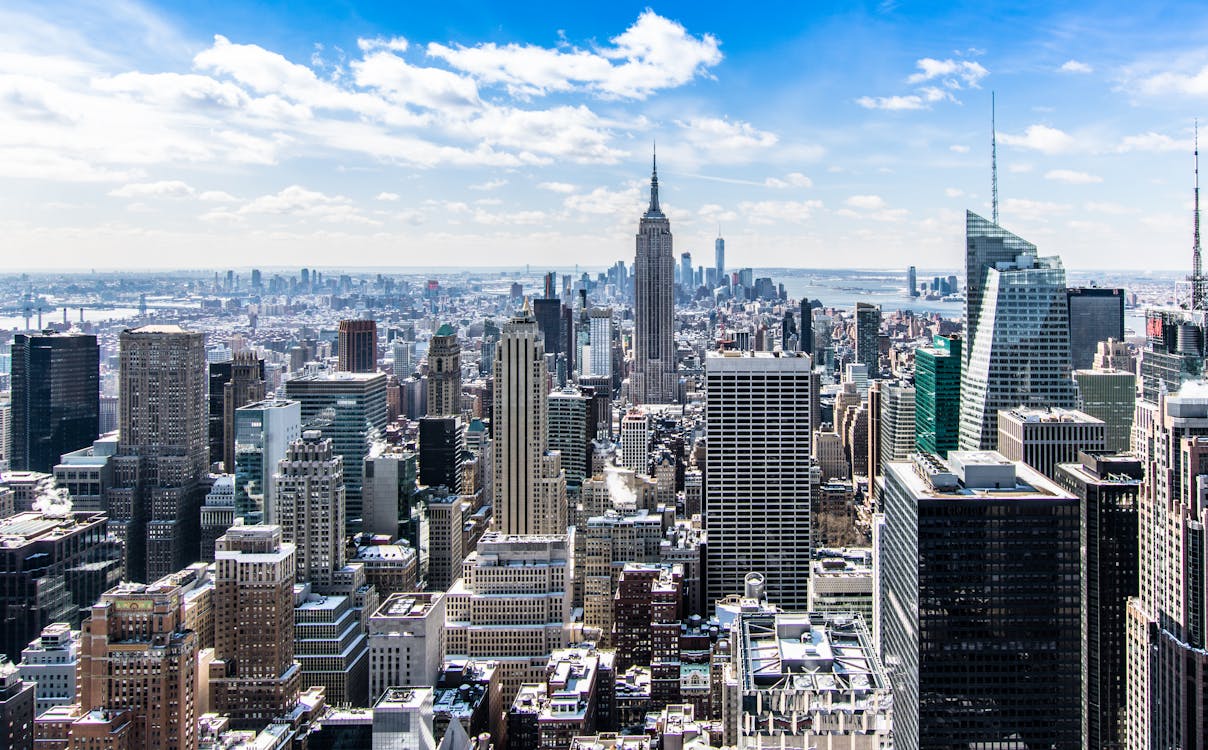
In conclusion, New York City pioneered the largest unfiltered water system in the United States.
Still, the NYC watershed has one of the cleanest water quality, with one source coming from the Catskill Mountains. More than one billion gallons of freshwater flow from New York's large upstate reservoirs.
Although unfiltered, tap water undergoes certain treatments and processes to ensure quality. Therefore, it is safe to drink directly from the tap.
If you look closely, clean tap water is essential for meeting your daily drinking needs and performing various household chores such as cooking, bathing, and cleaning.
Hence, if the water runs dirtily, the entire family's daily routines will be gravely affected. Worse, it may also put everybody else in serious health danger.
Ultimately, water remains the most powerful drink on Earth. It heals illnesses, improves productivity, and eliminates bodily toxins. Indeed, it is one of the key factors to a happy and healthy life.
As such, water quality is at most equal to life quality.
Finally, while New York City's tap water is generally considered safe, you will not be faulted if you take safety measures. Investing in home-installed water filters will ensure your drinking water is clean and drinkable.
Considering New York's old infrastructures, you should not be surprised to know that rust and dirt may have already inhabited the insides of water tunnels.
When these pollutants are mixed into the water, the water that arrives at your faucet will still be contaminated, regardless of how clean it previously was.
← Older Post Newer Post →

